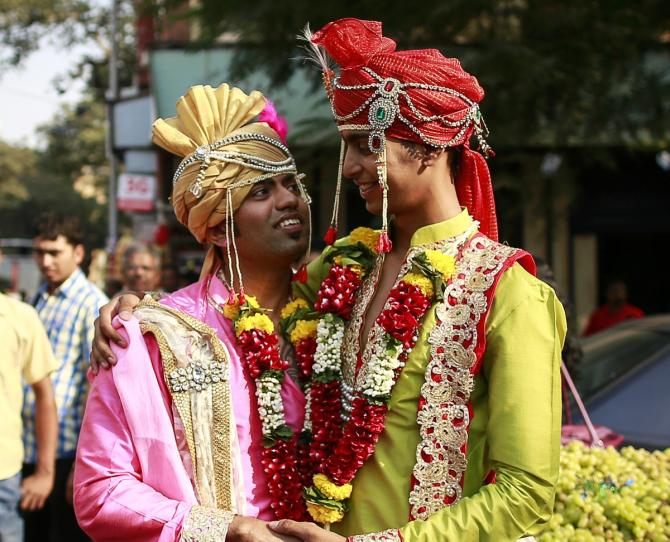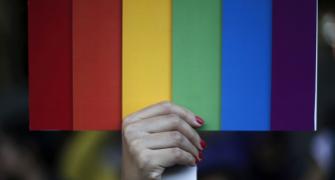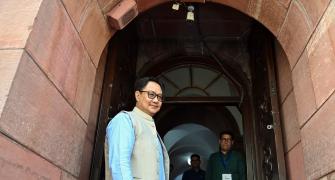Terming the petitions seeking legal validation of same-sex marriage as one which reflect an "urban elitist" view, the Centre has told the Supreme Court that recognition of marriage is essentially a legislative function which the courts should refrain from deciding.

Questioning the maintainability of the petitions, the Centre said what is presented before this court is a mere urban elitist view for the purpose of social acceptance.
"The competent legislature will have to take into account broader views and voice of all rural, semi-rural and urban population, views of religious denominations keeping in mind personal laws as well as and customs governing the field of marriage together with its inevitable cascading effects on several other statutes," the Centre said.
The submissions were made in an affidavit filed in response to a batch of pleas seeking legal validation of same-sex marriage.
The affidavit stated that marriage is a socio-legal institution which can be created, recognised, conferred with legal sanctity and regulated only by the competent legislature by way of an Act under Article 246 of the Constitution of India.
"It is submitted that therefore, it is the humble request of the applicant the issues raised in the present petition be left to the wisdom of the elected representatives of the people who alone shall be the democratically viable and legitimate source through which any change in the understanding and/or the creation/recognition of the any new social institution can take place," the Centre said.
A five-judge Supreme Court constitution bench is scheduled to hear from Tuesday a batch of petitions seeking legal validation of same-sex marriage in the country.
A bench of Chief Justice D Y Chandrachud and justices S K Kaul, S Ravindra Bhat, P S Narasimha and Hima Kohli will commence the hearing on April 18 on the petitions which were referred to a larger bench for an authoritative pronouncement on March 13 by the CJI-led bench, saying it is very seminal issue.
The hearing and the consequential outcome will have significant ramifications for the country where common people and political parties hold divergent views on the subject.









